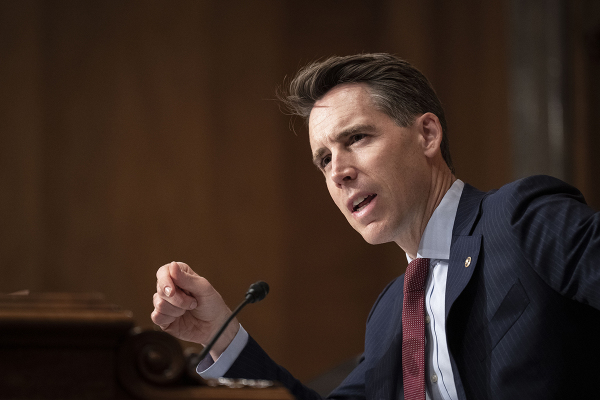Bringing the Gospel of the Kingdom into the Marketplace
Last week I shared Dr. Samuel Gregg’s insightful commentary, Christians in a Post-Welfare State World. In it, Dr. Gregg argues, “the Social Democratic/progressive dream of a welfare state … has clearly run its course. It will end in a fiscal Armageddon when the bills can’t be paid, or when political leaders begin dismantling the Leviathans of state-welfare to avert financial disaster. Either way, the welfare state’s impending demise is going to force Christians to seriously rethink how they help the least among us.”
Given the economic teetering-on-the-brink now threatening Europe and with similar realizations emerging in many American cities and states, Gregg’s prediction is hard to argue against. Generous social-welfare programs funded by an entity (i.e., the state) with no actual means of creating wealth are simply unsustainable. You just can’t keep paying for burgeoning public entitlements that depend on the earnings of fewer people than the state provides for.
Despite the pending failure of Democratic Socialism, Americans’ faith in the free market system is also falling. According to a poll conducted by GlobeScan, a polling and consultancy firm, only 59 percent of Americans agreed “strongly” or “somewhat” that the free market was the best system for the world’s future. That’s a significant drop from 80 percent in the 2002 poll. Among those earning less than $20,000 a year, the drop in confidence is even more dramatic, falling from 76 to 44 percent between 2002 and 2010, according to the poll. GlobeScan released the latest figures this month after conducting its research between June and September of 2010.
This shouldn’t come as a surprise given the Great Recession of 2008, considered by many economists to be the worst financial crisis since the Great Depression of the 1930s. The collapse of our nation’s most venerable financial institutions, the unbridled greed of Wall Street, and systemic incompetence among government authorities decimated trillions of dollars in personal savings and private assets. While there were no doubt many complex economic factors involved-at the heart of what went wrong is widespread moral failure.
From unqualified home buyers borrowing more than they could afford and defaulting on their loans to banks, and Wall Street investors recklessly leveraging their assets for high risk gains, the entire system became a house of cards ultimately doomed by rampant greed, selfishness, and irresponsibility.
At this point, you may be tempted to think, What does this have to with Christian faith or theology? In short, everything! I believe the free market economic system is the best available for promoting human creativity and flourishing, creating a sustainable and stable society, and alleviating poverty. However, I also believe that free market capitalism is among the most monstrous and oppressive systems when severed from a coherent ethical framework and compelling moral restraint.
This has become the case in the West. As society increasingly rebels against the authority of God and the church is less capable of integrating complex theological truths into every aspect of life and society, our economic philosophy has become Darwinian. The self-proclaimed titans of industry and business exalt themselves as the “most fit”-predators among prey-justifying their rapacious consumption and self-indulgence as a right of their station in the “food chain.”
As such, there is perhaps no other area of society and culture where the church can make a tangible impact for good and offer a visible witness of the kingdom than by reforming business through the principles of Christianity.
This has been a growing interest of mine over the last two years, as business remains the one area of culture where Christians maintain a broad presence. The fact is, it would take generations just to penetrate, much less transform, the cultural spheres of academia, the arts, and media. It will also take generations to impact the arena of business and government if we continue to languish in theological vacuity and therefore fail to integrate biblical values into our economic structures.
However, our very presence in the marketplace puts the church far ahead in this effort. What remains is a renewed theological focus reclaiming business as mission combined with an effective means of engaging Christian business leaders. This has been the focus of my time, energy, and study for more than two years, and recently I have identified what I believe is the final piece necessary to implementation.
I am not quite ready to share the details today but they will be forthcoming in the next few weeks and the program ready to unveil by June 2011. There have been just a few times over the last twelve years when the Lord has made my vision so clear and my resolve so established. I can say that this is one of those times. For those who love the Lord, their desire is to make a difference, to see the Lord glorified and his church faithful. This is certainly my desire. I don’t travel, study, write, speak and teach because I have nothing else to do; I do this because I am driven by a burden to see God’s church quickened and renewed so that Christ may be lifted up in a meaningful way. I believe what we are about to launch will contribute mightily to this vision.





















